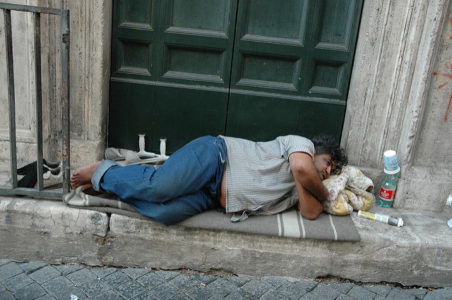The funding will be used by councils to supply accommodation, set up mobile clinics and perform outreach work and educate rough sleepees about the dangers of covId.
Many rough sleepers are not particularly bothered about being vaccinated , but rather, more interested in their day to day habits, without the concern of catching or spreading the virus.
Desperate rough sleepers are expected to jump at the opportunity, except those who are particularly against being vaccinated.
The challenge the government face with this proposal is the automatic deduction that they are holding back on helping the homeless with accomodation , given its pledge to support homelessness anyway.
There is a big queue for accomodation among the homeless, and under this scheme, the government may prioritize those who accept the deal of being jabbed when housing those far down the list.
The proposal has not received much publicity but will be announced at food banks all over the country.
Critics of the idea say it is a form of bribery by the government to accommodate people who should be accommodated anyway.
However, representatives of the government argue that because most rough sleepers who are housed are put in shared accommodation, it is more beneficial for to have as many of them vaccinated as possible to limit the spread of the virus, even with the fact that double vaccination dies not offer full protection from the virus.
Ministers said the Everyone In Scheme introduced in 2020 “continues to help rough sleepers off the streets and protect their health”.
The new funding is aiming to provide more emergency accommodation as well as tackling hesitancy against vaccination amid the latest push for booster jabs.
Ministers have announced a £28million funding boost for local authorities to protect rough sleepers and increase uptake of Covid-19 vaccines as the UK recorded 82,886 new cases on Sunday.
Eddie Hughes, minister for rough sleeping said: “In the wake of a surge in Covid-19 cases and a new variant, we have an even greater responsibility to protect vulnerable people.




